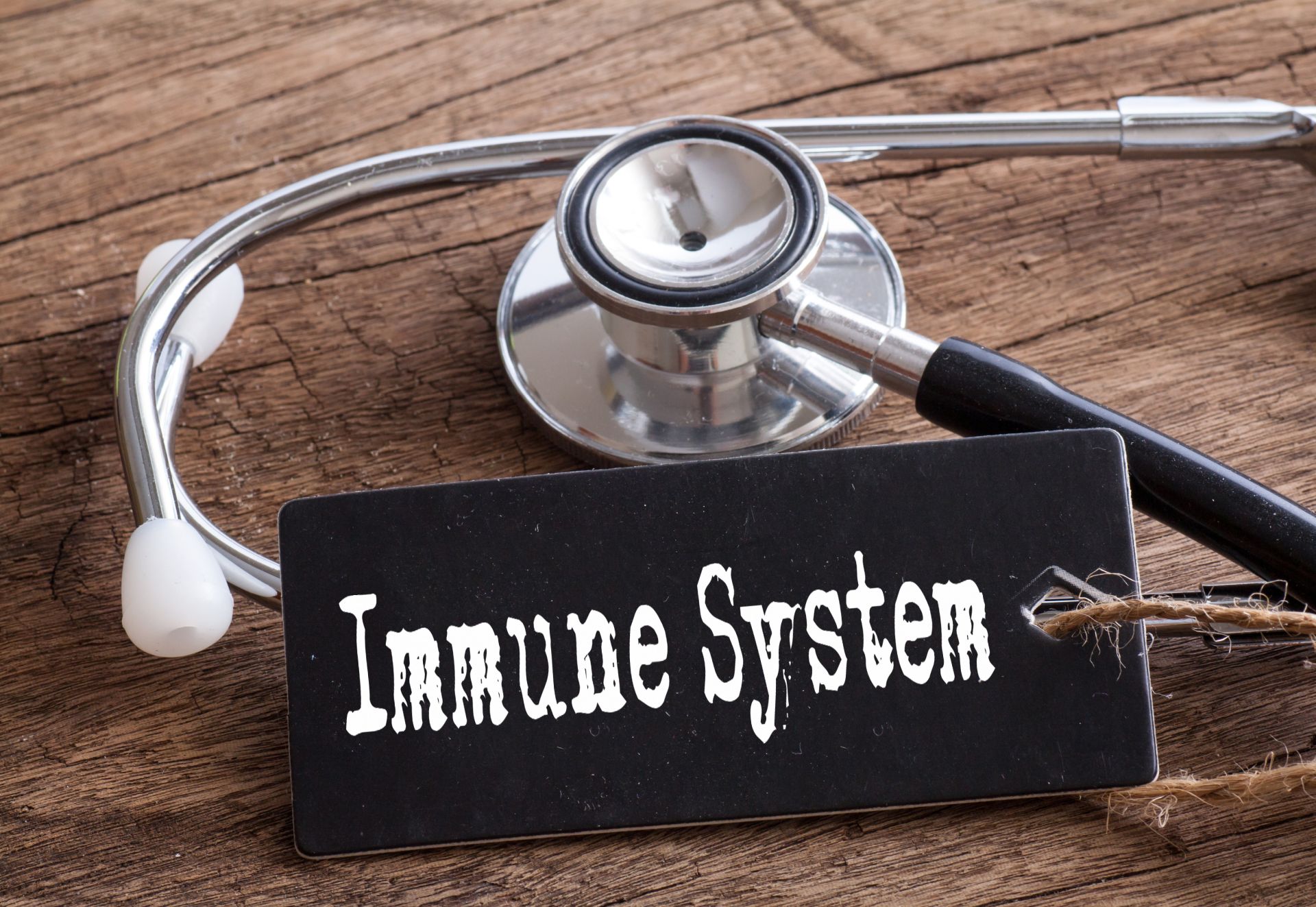What to eat after weight training?

Strength training is an extremely popular form of exercise these days, and not just among men, but women as well. Little by little, an increasing number of people regularly perform strength training under the guidance of a personal trainer in order to achieve the greatest and most desirable strength and physique results. In practice, it turns out that many newcomers to the gym often ask themselves what to eat after weight training for reduction, and what to eat for mass. So let's check what meals after weight training will be appropriate.
- Meal after strength training - why is it important?
- What should the meal after strength training look like?
- Sample meals after weight training
Meal after strength training - why is it important?
The meal after strength training is important for the body's proper post-workout recovery process. Strength training, especially high intensity training, causes damage to muscle fibers and depletes muscle glycogen stores and intramuscular triacylglycerols, the primary energy substrates of skeletal muscle. The main role of the post-workout meal is to rebuild lost muscle glycogen and provide key nutrients necessary for the body's post-workout recovery. Adequate intake of valuable nutrients after strength training allows you to intensify repair processes in damaged muscle fibers and at the same time replenish lost energy substrate stores, which translates into a marked improvement in the body's post-workout recovery between exercise sessions. It is worth noting at this point that the process of muscle protein synthesis is intensified for a period of 24 to even 48 hours after strength training. This means that it is not absolutely necessary to drink a protein shake immediately after weight training to stimulate muscle mass gain. It is perfectly sufficient to eat a post-workout meal within the first two hours that will provide 30-45 g of good quality protein. The exception to this rule is when a person intends to do another workout in the next few hours. In such a situation, it is essential to consume an easily digestible source of protein and carbohydrates as soon as possible after strength training to maximize the body's post-workout recovery rate.
What should the meal after strength training look like?
We already know why the meal after strength training is so important. Now it's time to find the answer to the question of what to eat after strength training on reduction and on mass. The meal after strength training does not necessarily always have to be a protein shake and in liquid form. It can be a regular lunch or dinner meal, which, however, must not be hard to digest and extremely high in fat and dietary fiber. The meal after weight training, both for reduction and mass, should provide 30-45 g of protein. Good sources of protein are such products as lean poultry meat, lean and fatty fish species (such as.: trout, pollock, cod, salmon, pikeperch, halibut, Atlantic mackerel), lean or semi-fat cottage cheese, cottage cheese, high-protein natural yogurt, hen's eggs, dry pulses (e.g., soybeans, peas, lentils, chickpeas) and good quality protein supplements (e.g., WPC and WPI). You should also eat carbohydrates in your post-workout meal at a rate of about 1.2 grams per kilogram of total body weight (i.e. just under 100 grams for an 80-kg person). Excellent sources of carbohydrates in a post-workout meal are fresh and dried fruits, grain products (including sourdough bread, pasta, rice, flakes, groats, quinoa, amaranth) and legumes (e.g. chickpeas, lentils, peas, beans, soybeans - in moderate amounts).
Sample meals after weight training
Most working people attend the gym in the late afternoon and evening, so they are usually bursting at the seams at this time. A very large group of people who work out at the gym during their free time wonder what to eat after weight training and whether it is worth eating anything at all in the evening. Among many seasonal gym and fitness club goers, there is still often a lingering belief that eating after weight training in the evening can accumulate body fat. However, this is not true. As we already know, the post-workout meal is of tremendous importance in accelerating the body's post-workout recovery rate, so it is essential to include a post-workout meal in the evening in your diet plan. Below is a list of a dozen sample meals after strength training in the evening, both during the period of muscle mass building and fat reduction. Keep in mind that in this case, the amount of energy and nutrients in all meals during the day will determine the achievement of a specific physique goal.
Example set of meals after weight training:
- Roasted turkey breast with pearl groats and vegetables,
- Roasted cod fillet with potatoes and vegetable salad,
- Ground turkey fillet with tomato sauce and spaghetti noodles,
- Baked skinless chicken breast in parchment paper with vegetables and
cooked white rice, - Basmati rice with high protein yogurt and strawberry mousse,
- Cinnamon couscous porridge with high-protein yogurt and grated
apple, - Vegetable cottage cheese with spelt bread,
- Soft-boiled eggs with wheat-rye bread and vegetable salad,
- Oatmeal with country cheese, banana, honey and bitter cocoa,
- Jaglanka with cottage cheese, orange and carob,
- Shake with high-protein drinking yogurt, banana, blueberries
American blueberries, honey and millet flakes, - Shake with protein nutrient (WPI), banana, raspberries, honey and
rice cereal.
Sources:
- Thomas DT, Erdman KA, Burke LM: American College of Sports Medicine Joint Position Statement. Nutrition and Athletic Performance. Med Sci Sports Exerc. 2016;48(3):543-568.
- Kerksick CM, Arent S, Schoenfeld BJ, et al: International society of sports nutrition position statement: nutrient timing. J Int Soc Sports Nutr. 2017 Aug 29;14:33.
- Schoenfeld BJ, Aragon A, Wilborn C, et al: Pre- versus post-exercise protein intake has similar effects on muscular adaptations. PeerJ. 2017 Jan 3;5:e2825.
- Alghannam AF, Gonzalez JT, Betts JA.: Restoration of Muscle Glycogen and Functional Capacity: Role of Post-Exercise Carbohydrate and Protein Co-Ingestion. Nutrients. 2018 Feb 23;10(2):253.
- Miller T, Mull S, Aragon AA, et al: Resistance Training Combined
With Diet Decreases Body Fat While Preserving Lean Mass Independent of Resting Metabolic Rate: A Randomized Trial. Int J Sport Nutr Exerc Metab. 2018 Jan 1;28(1):46-54. - Ruiz-Castellano C, Espinar S, Contreras C, et al: Achieving an Optimal Fat Loss Phase in Resistance-Trained Athletes: A Narrative Review. Nutrients. 2021 Sep 18;13(9):3255.
 ⮜ Previous article
⮜ Previous article
Static stretching, and warming up before exercise
 Next article ⮞
Next article ⮞